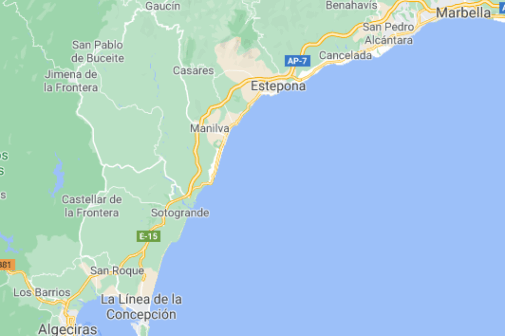WHAT IS PLUSVALÍA?
The “plusvalía municipal,” or Impuesto sobre el Incremento de Valor de Terrenos de Naturaleza Urbana (IIVTNU), is a tax paid upon the sale of a property. It is calculated based on the increase in value that the land has accrued over time while held by the same owner.
In essence, this is a theoretical tax on the profit presumed from the difference between the current cadastral value of the land (as noted in the new deed) and its value in the original acquisition deed.
This municipal tax has been challenged multiple times because the land value increase is already considered—at least in part—in both national personal income tax and regional ITP. Nevertheless, the Constitutional Court has upheld its constitutionality, on the condition that there has been an actual increase in land value.
WHEN IS PLUSVALIA NOT PAYABLE?
Plusvalía is not payable under the following circumstances:
- No real increase in land value—confirmed by comparing cadastral values from the IBI receipt of the first and final year of ownership.
- The land is rural, not urban—also verifiable via IBI.
- The property has been owned for less than one year.
- Transfer to spouse or children in cases of divorce, separation, or annulment.
- Transfer as part of widowhood settlement under a community property regime.
- Transfer after dissolution of community property—if the property is indivisible and one party receives compensation instead of a shared asset.
- Land granted through reparcelling.
- Transfer executed through a "Junta de Compensación" (compensation board).
WHO PAYS THE PLUSVALIA?
Legally, the seller is responsible for this tax. However, the parties may agree for the buyer to pay. In the event of non-payment, the City Council will pursue the seller.
Special Situations to Consider:
- If the seller is not a Spanish tax resident, and payment fails, the buyer may be liable—so it's advisable to hold the amount in escrow with the notary.
- If the seller is a developer and includes a clause making the buyer responsible, such clause may be considered legally abusive.
- For inheritance or gift transfers, the recipient is responsible for the payment.
WHEN AND HOW TO CALCULATE PLUSVALIA
Payment is due within 30 business days (excluding holidays) after purchase or donation, and within 6 months to one year in inheritance cases.
The taxpayer must request the form at the town hall, calculate the tax amount, and submit it. Alternatively, the town hall’s website often offers a simulator to estimate the required amount.
How is Plusvalía currently calculated?
Following the 2021 Constitutional Court ruling and the resulting legal reform, there are now two calculation methods:
- The objective method, which applies fixed coefficients to the cadastral land value.
- The real method, based on the actual gain (sale price minus purchase price).
The taxpayer can choose the most favorable method. Keep in mind that coefficients and tax rates are set individually by each local municipality, so the amount due may vary by location.
This calculation can be complex. It is therefore advisable to consult the town hall. The tax amount is based on the cadastral value of the land—excluding the building—as shown in the deed or IBI. The applicable percentage varies according to the years of ownership and municipal regulations.
Certain exemptions and deductions may apply, especially in inheritance scenarios.
It is important to note that plusvalía is integrated into the personal income tax declaration for property sale gains. Consequently, if the seller pays it, the amount is deductible from the sale price; if the buyer pays it, it is added to the purchase price—thus avoiding double taxation.
Any questions? Let’s Talk!
Or reach us directly...
Your privacy matters. When you contact us, we handle your data according to our privacy policy and GDPR regulations.

We are offering our services at the following locations:
Costa del Sol Occidental: Marbella, San Pedro Alcántara, Estepona, Casares, Manilva, La Duquesa
Campo de Gibraltar: Algeciras, La Línea, San Roque, Los Barrios, Sotogrande, Castellar, Jimena de la Frontera

AUSTRAL-Costa del Sol
Complejo Doña Julia
Sector UR15 - Bloque D3
29690 Casares Costa (Málaga)


© 2025 Copyright AUSTRAL-Costa del Sol. All rights reserved.
LEGAL NOTICE PRIVACY POLICY COOKIES POLICY

